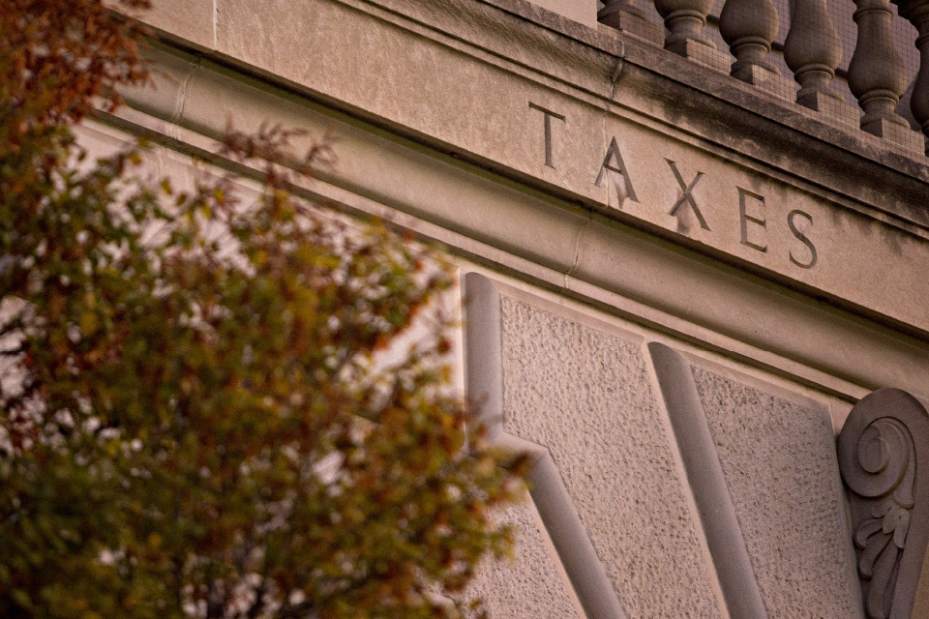SAN‘A, Yemen — A top al-Qaida suspect killed in a CIA missile strike this week was buried in Yemen on Saturday, security officials said.
Qaed Salim Sinan al-Harethi, described by U.S. and Yemeni officials as al-Qaida's chief operative in Yemen, was killed on Tuesday together with five other men after a CIA Predator drone aircraft fired a missile at their car.
Yemeni and U.S. officials said the dead also included a Yemeni-American man, identified by Yemeni officials as Ahmed Hijazi. According to a U.S. official on Friday, Hijazi was linked to alleged members of the al-Qaida cell in suburban Buffalo, N.Y.
Hijazi's precise links to the Buffalo cell were not made clear. Yemeni officials believe Hijazi was a pseudonym, and his real name was not known.
Two alleged members of the Buffalo cell, leader Kamal Derwish and Jaber Elbaneh, were at large in Yemen, according to U.S. officials. Officials would not rule out whether Hijazi was one of these two.
Al-Harethi's funeral took place in Shabwah, some 200 miles east of San‘a, the officials said on the condition of anonymity. About 30 people took part in the procession, most of them family and friends, the officials said.
Yemeni officials said the other four men killed in the missile strike, described as al-Qaida operatives, were known only by their aliases — Saleh Abu Hamam, Al-Qia'gaa, Abu Jirah and Mounir. Authorities were working to establish the men's real identities, the officials said.
Al-Harethi, who was in his mid-40s, first met al-Qaida leader Osama bin Laden in the 1980s during the war against Soviet occupation in Afghanistan, the officials said. The men stayed in contact after the war ended and met again in Sudan, where bin Laden went in the 1990s.
Al-Harethi was believed to have coordinated the October 2000 attack on the USS Cole in Aden, which killed 17 U.S. sailors.
The U.S. attack has drawn criticism from human rights groups. Amnesty International sent letters of inquiry about the incident to U.S. and Yemeni officials and a spokesman for the group in Washington said the attack violated international treaties prohibiting execution without trial.
Bush administration officials have said it was a legitimate wartime operation against a known enemy.







